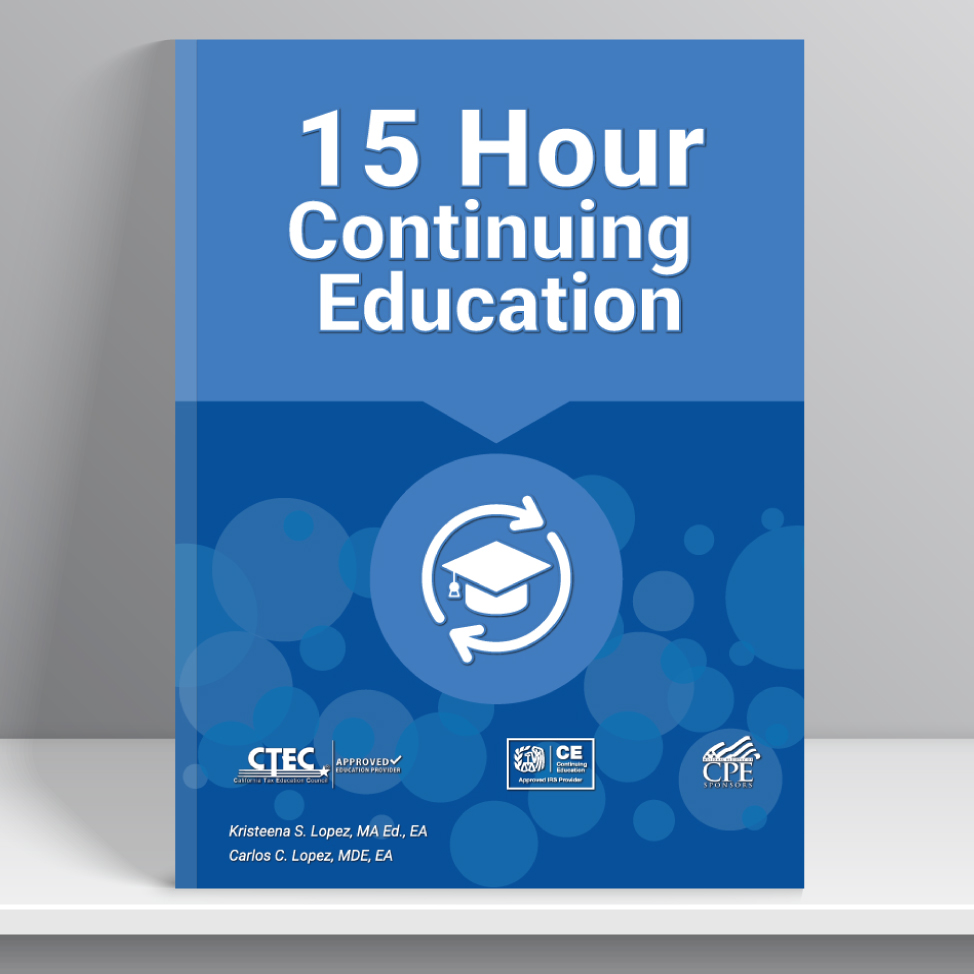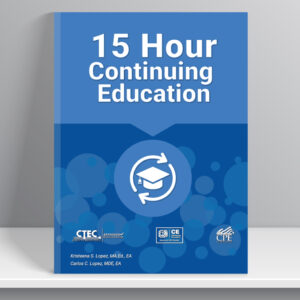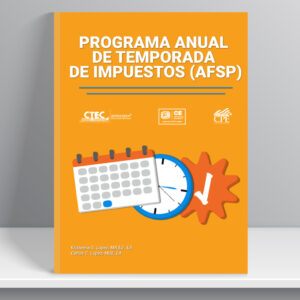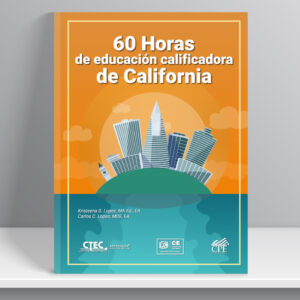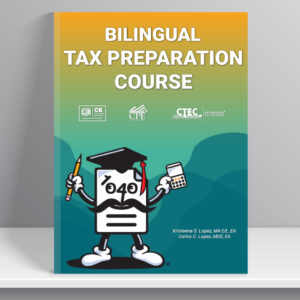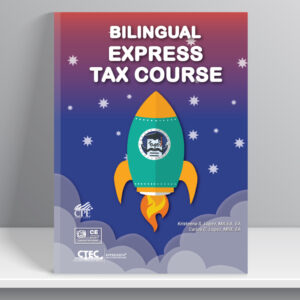Part I: Due Diligence and Penalties
This chapter will cover tax preparer due diligence and penalties. When the taxpayer files a return with refundable credits the tax preparer needs to complete an accurate tax return and complete Form 8867, which is attached to the taxpayer’s return. The following refundable credits will be discussed in this course:
- Earned Income Credit (EIC).
- Child Tax Credit (CTC).
- Additional Child Tax Credit (ACTC).
- Other Dependent Credit (ODC).
- American Opportunity Tax Credit (AOTC).
Part II: Federal Tax Law
Schedule C
This course encompasses how the sole proprietor reports income. Sole proprietorship is the most popular business structure. A sole proprietorship is indistinguishable from its owner, and all income earned is reported by the owner. Schedule C is the reporting tool for most sole proprietors. Covered in the course is line by line instruction to complete the Schedule C.
Schedule E
Rental income is any payment received for the use or occupation of real estate or personal property. The payment that is received is taxable to the taxpayer and is generally reported on Schedule E. Each Schedule E can report three properties. If the taxpayer has more than three properties, additional Schedule E’s would be used. Schedule E is not used to report personal income and expenses. The taxpayer should not use Schedule E to report renting personal property, that is not a business. To report other income, use Schedule 1, lines 8 – 24b.
Schedule F
Income received from the operation of a farm or from rental income from a farm is taxable. Farmers determine their taxable income from farming and related activities by using Schedule F. Profit or loss from farm income is first reported on Schedule F and then “flows” to Form 1040, Schedule 1, line 6. This course covers basic farm income and expenses.
Depreciation
This course will cover the different types of depreciation. Depreciation is an income tax deduction that allows a taxpayer to recover the cost or other basis of certain property. It is an annual allowance for wear and tear, deterioration, or obsolescence of the property. The depreciation period is also called the recovery period because the taxpayer is recovering the cost of their property. When claiming depreciation, remember it is “what is allowed or allowable”.
Part III: Tax Updates
This course covers the annual inflation adjustments of standard deductions, tax rates, and refundable and nonrefundable credits. This course will have information on how the pandemic has changed tax season and other important events. Learn the latest changes on the regulations regarding qualified business income (QBI) and changes. Changes to Form 1040 and the schedules will be discussed and so much more.
| Course Details | Included in this course |
| Title: 15 Hour Continuing Education Level: Basic Delivery Method: Self-study To earn certificate of completion: • Pass Final Exams with 70% (or better) |
• 3-Part eBook • Videos • Final Exams • Certificate of Completion • Credits reported to CTEC and IRS |

